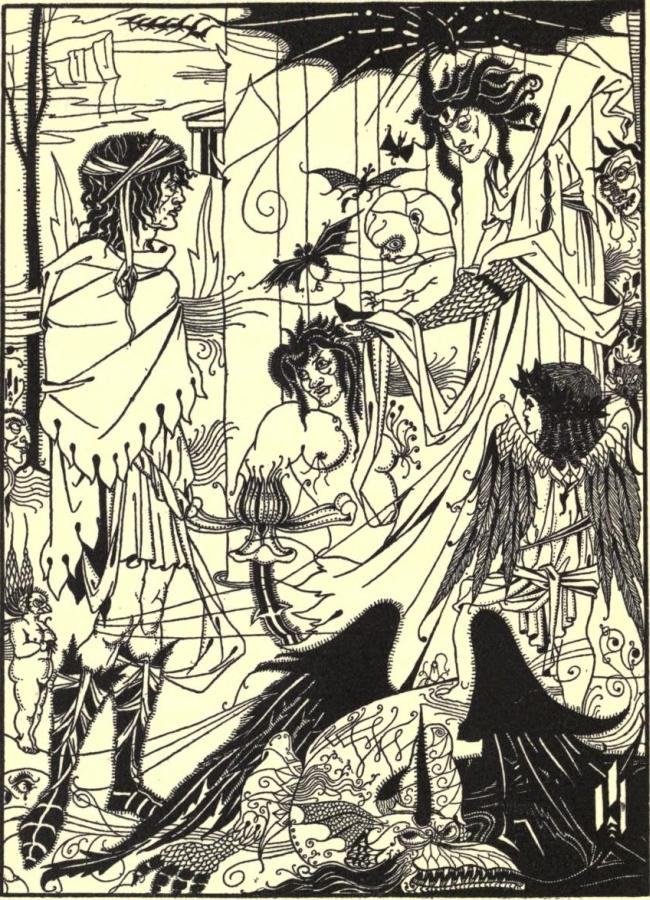For a long time, the most reader-friendly introduction to the history of ancient India (i.e. anything before the Gupta period) has been the first volume of Romila Thapar’s History of India. But that book was published back in 1966, and advances in archaeology and scholarship have outdated it. I would now recommend this book as a contemporary substitute. It’s a good place for someone to start their reading on the subject, though I suggest that they read it in conjunction with Wikipedia entries on most of its main topics.
I have some problems with Sharma’s work. He embraces some dubious notions of “social evolution”, he sees nothing of interest in the “tribal” and non-Vedic or non-Dravidian peoples of India except their inevitable conversion to “civilization”, and he writes absolutely nothing about India’s interaction with Southeast Asia. This last stands in contrast to his lengthy discussions of Indian trade, political, and cultural interactions with Central Asia, and even the Roman Empire. But important as these were, India never exported much of its culture to these areas, whereas in Southeast Asia, Indian culture was exported on a gigantic scale. Hindu and Indo-Buddhist kingdoms were set up in places as far as Vietnam. India’s eastward trade links were every bit, and perhaps more, important than its westward ones. Sharma hardly mentions them. But despite these weaknesses, the book remains a good introduction to a subject with which every educated person in the world should have some basic familiarity.
